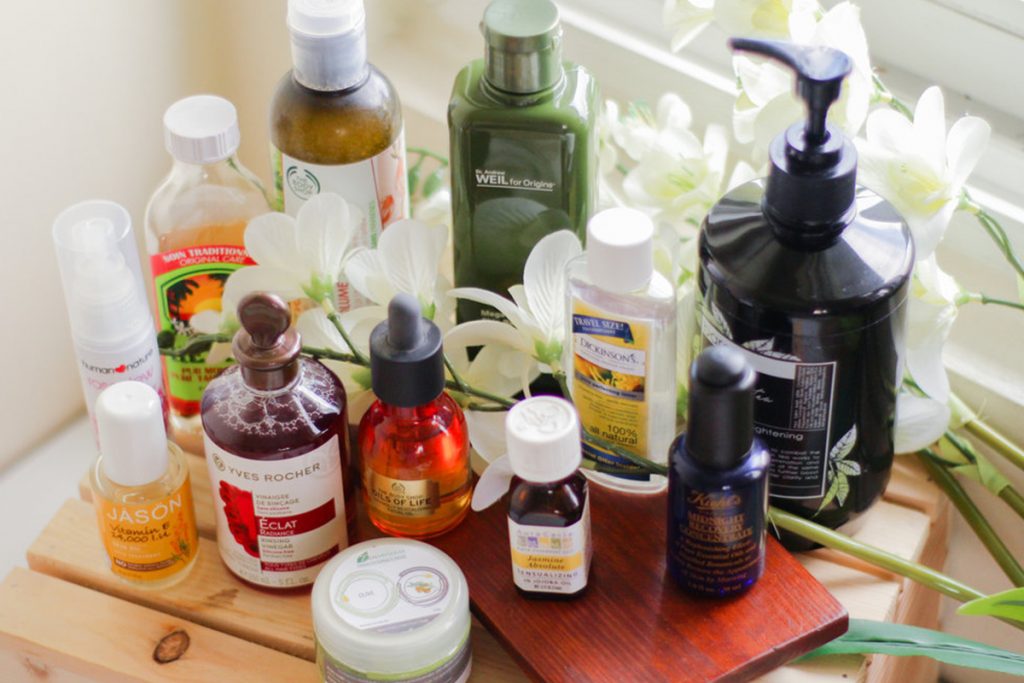Understanding your skin type is the first step in choosing the right products. Dry, oily, combination, sensitive, or normal – each skin type has unique needs and responds differently to various ingredients. For instance, dry skin may benefit from products rich in hyaluronic acid, while oily skin may need lightweight, non-comedogenic options.
Reading ingredient lists is crucial. Look for active ingredients that address your specific skin concerns. Retinol can help with signs of aging, salicylic acid is effective for acne-prone skin, and vitamin C can brighten and even skin tone. Also, be aware of potential irritants, especially if you have sensitive skin.
Knowing the importance of SPF is essential. Regardless of your skin type or concerns, a product with SPF is a must-have in your skin care routine. It protects against harmful UV rays, preventing premature aging and reducing the risk of skin cancer.

Considering product packaging is also important. Certain active ingredients, like retinol and vitamin C, can degrade when exposed to light or air. Products with these ingredients should be in opaque and airtight packaging.
Researching and reading reviews can provide valuable insights. Check out what others with similar skin types and concerns have to say about the product. However, remember that everyone’s skin is different, and what works for others might not work for you.
Trying before buying can save you from investing in a full-size product that doesn’t work for your skin. Many brands offer sample sizes or have a good return policy.
Considering the cost is another factor. While some high-end products are worth the splurge, there are also many affordable options that deliver excellent results. Don’t equate price with effectiveness.
Remember that consistency is key in skin care. It can take several weeks to see results from a new product, so be patient and give it time to work.
